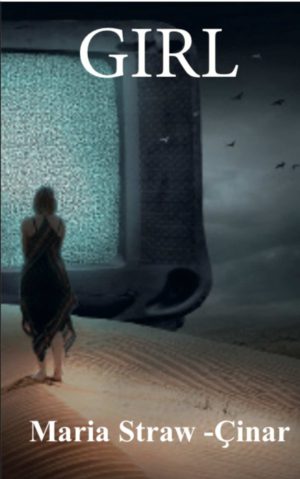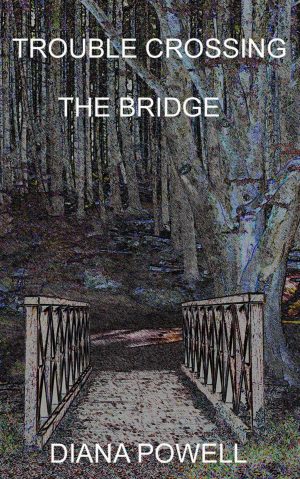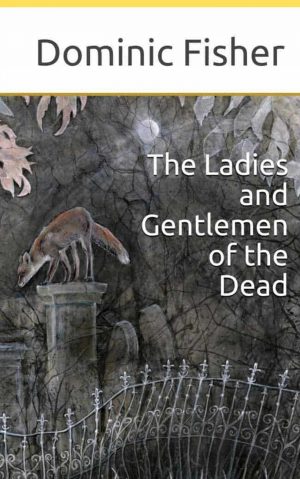In selecting the prize winners for this contest, my approach was simple: to select the best poems. And by ‘best’ I mean, subjectively (as it must be), poems that resonated with vague thoughts and discomforts I’d never seen articulated before. I love to be startled by a poem, to think, Yes! So true! How come I never thought of that?
I was less interested in what the poems were about and more in their poetics, particularly form, rhythm and imagery. I read every collection, from first poem to last, and many of them several times, particularly in selecting the runners-up and commended works. I was impressed by some highly original ideas for theming the poems, including a strange and wonderful puppet play, a series of vignettes based on the Beaufort scale, and a witty treatment of punctuation marks.
In choosing my shortlist, I looked for poems that drew me in and surprised me with where they took me or with the inventiveness of their imagery. There were strong contenders in both lyrical and narrative styles. Nearly a quarter qualified for serious consideration.
In such good company, I wondered how I would ever choose a winner. But as I reread my shortlist a few more times, the decision was straightforward.
The winning poet immediately triggered the upward creep of my eyebrows, from the compelling imperatives of the opening poem ‘Unberthed’ through each startling piece to the stark and witty conclusion. This is assured and sharp writing. It was also one of the best in terms of form, with each poem beautifully presented on a new page in a fully-justified prose block.
The second-placed chapbook stood out for its author’s command of poetics – particularly rhythm and cinematic imagery. Hearing these poems in my head, the music of the iamb was evident. Tiny details, vividly evoked, such as the blister on a mother’s heel while sightseeing in high-heels, made me fall hard for this work. It only narrowly edged out the third-placed chapbook, a lyrical banquet of enviable economy. Many of these poems were profoundly beautiful and I found myself wanting to reread them as soon as I reached the end.
I am greatly looking forward to reading more work from the winning poets and I hope that all those who entered will continue to hone their work – editing, replacing weaker poems with newer, stronger ones, working on form and, most of all, reading good poetry.
-Audrey Molloy
The Blue Nib Chapbook 6
€7.75
Chapbook Contest 2020
1st Prize: €500.00
2nd Prize: €300.00
3rd Prize: €200.00
These are the winning poets.
Shey Marque, Helen Reid and Morag Anderson
RULES
The competition was open to new, emerging and established poets from any country.
Entries consisted of 8 poems, in the English
language and the sole work of the entrant with no translations or ‘versions’. The poems could be in verse or prose. Entries had to be work not
previously published.
Thanks go to our guest judge
Audrey Molloy






Reviews
There are no reviews yet.